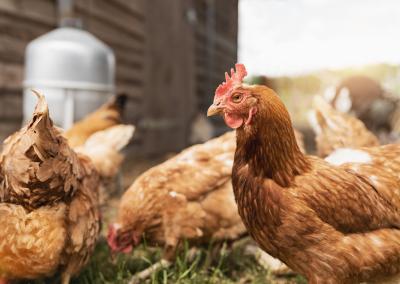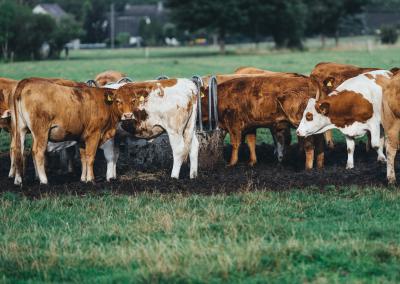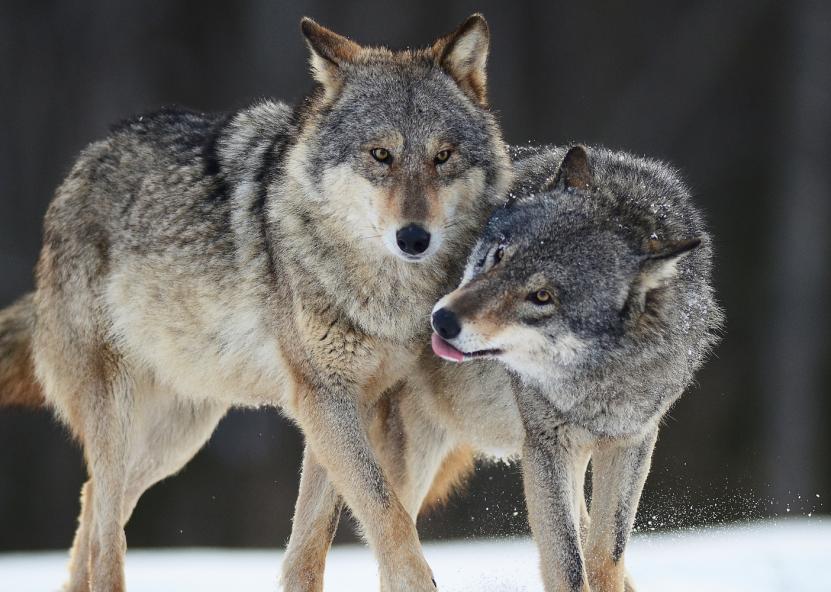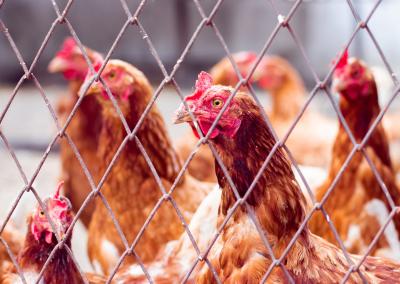Bern Committee: wolves' conservation status will be reduced
On 3 December, the Bern Standing Convention Committee voted in favour of reducing the wolf protection statute. The decision was taken to reduce the wolf protection status from „strictly protected“ to „protected“, which allows for more measures to be taken to regulate wolf populations.
The European Union's proposal has been supported by representatives of the 49 countries of the Bern Convention for the Conservation of Wildlife and Habitats, which will see looser conservation rules come into force from March 2025, allowing wolf populations to be regulated through hunting.The next step for the European Commission will be to propose changes to the EU Habitats Directive. Environmental activists are outraged by the decision, as they believe these predators do not pose a risk.
Wild wolves were almost eradicated in Europe 100 years ago, but their numbers have recently increased dramatically, with an increasing number of predator attacks on farm animals. The past few decades have seen a positive trend in the conservation status of wolves. The species has made a successful recovery across the European continent, with wolf populations estimated to have almost doubled in 10 years (from 11,193 in 2012 to 20,300 in 2023).
This steady increase in population has led to socio-economic problems, in particular coexistence with human activities and damage to livestock. According to the latest available data from Member States, it is estimated that wolves kill at least 65 500 livestock each year in the EU.
The Bern Convention, adopted in 1979 and entered into force in 1982, is an international treaty under the authority of the Council of Europe, which aims to ensure the conservation and protection of wild plant and animal species and their natural habitats.













































































































